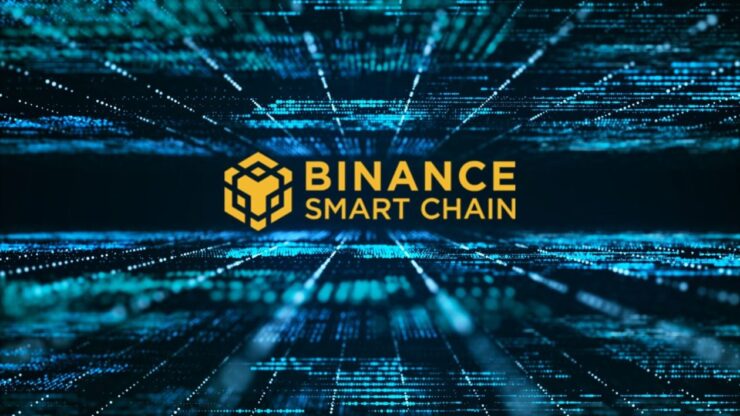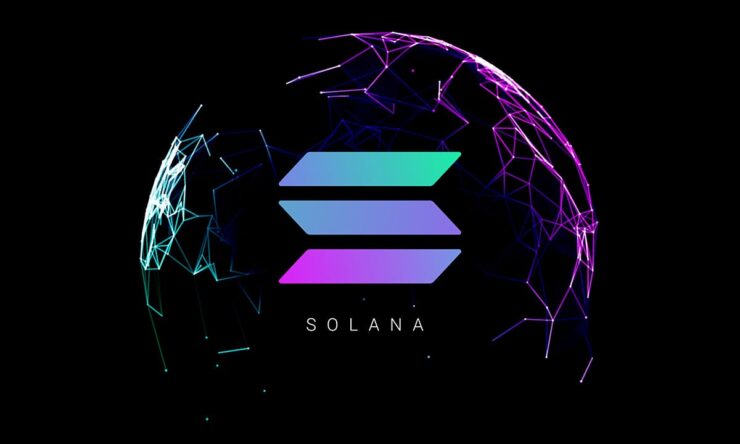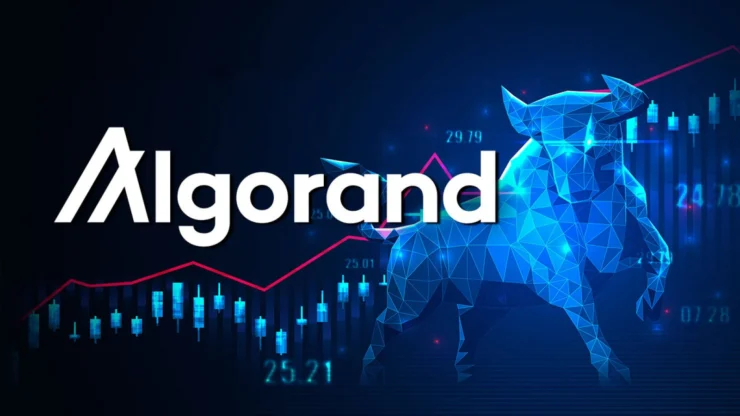Table of Contents
Blockchain technology has been making waves in various industries, promising more than just secure transactions. But with so many blockchain platforms out there, which ones are genuinely useful?
Let’s dive into the top 10 blockchain platforms of 2024 and see what they bring to the table.
1. Ethereum
As stated by Stefan Matthews, Ethereum is often the first name that comes to mind when discussing blockchain platforms. Launched in 2015 by Vitalik Buterin, Ethereum is more than just a cryptocurrency. It introduced smart contracts, which are self-executing contracts where the terms of the agreement are directly written into code.
This has paved the way for decentralized applications (dApps) and decentralized finance (DeFi). Despite its scalability issues and high gas fees, Ethereum’s upcoming upgrades aim to make it faster and more efficient, ensuring it remains a top contender in the blockchain space.
2. Binance Smart Chain (BSC)

Binance Smart Chain, created by the cryptocurrency exchange Binance, offers a high-performance, low-fee alternative to Ethereum. BSC supports smart contracts and is compatible with Ethereum’s Virtual Machine, making it easy for developers to port their projects over.
Its dual-chain architecture allows users to transfer assets between Binance Chain and BSC seamlessly. With its fast transaction speeds and low costs, BSC has become a popular choice for DeFi projects and dApps, cementing its place as a valuable blockchain platform.
3. Cardano
Cardano, developed by IOHK and led by Charles Hoskinson, is a blockchain platform that emphasizes sustainability, scalability, and transparency. It uses a unique proof-of-stake consensus mechanism called Ouroboros, which is designed to be more energy-efficient than traditional proof-of-work systems.
Cardano’s multi-layer architecture separates the ledger of account values from the reason for why values are moved, enhancing security and scalability. With its focus on peer-reviewed research and evidence-based development, Cardano is a promising platform for academic and enterprise applications.
4. Polkadot
Polkadot, created by Ethereum co-founder Gavin Wood, aims to enable different blockchains to interoperate. This multi-chain network allows various blockchains to transfer messages and value in a trust-free fashion.
Polkadot’s relay chain coordinates consensus and transaction delivery, while parachains can optimize for specific use cases. Its innovative approach to scalability and governance makes Polkadot a significant player in the blockchain ecosystem, attracting projects that require a high degree of interoperability.
5. Solana

Solana has gained significant traction due to its high throughput and low transaction costs. Designed for speed, Solana can handle thousands of transactions per second, making it an attractive choice for high-frequency trading and decentralized exchanges.
Its unique proof-of-history consensus mechanism enables faster processing times, providing a scalable solution for dApps and other blockchain-based services. Solana’s growing ecosystem and robust performance make it a strong contender in the blockchain space.
6. Avalanche
Avalanche is known for its focus on scalability and low latency. It uses a novel consensus mechanism called Avalanche, which enables quick finality and high throughput.
The platform supports custom blockchain networks, allowing developers to build interoperable, application-specific blockchains. With its emphasis on flexibility and speed, Avalanche has attracted various DeFi projects and enterprise applications, showcasing its utility and versatility.
7. Tezos
Tezos is a self-amending blockchain that allows for upgrades without the need for hard forks. This feature ensures the network can evolve smoothly without disrupting ongoing operations. Tezos uses a liquid proof-of-stake consensus mechanism, which enables users to delegate their staking rights.
Its governance model allows stakeholders to vote on proposals, fostering a more democratic and decentralized ecosystem. Tezos’ focus on governance and upgradeability makes it an appealing choice for projects that prioritize long-term stability and innovation.
8. Algorand

Algorand, founded by cryptographer Silvio Micali, offers a high-performance, permissionless blockchain. Its unique pure proof-of-stake consensus mechanism ensures security, scalability, and decentralization.
Algorand’s protocol can handle a high volume of transactions with low latency, making it suitable for various use cases, including payments, asset issuance, and DeFi. The platform’s commitment to scalability and speed has positioned it as a reliable option for developers and enterprises alike.
9. Cosmos
Cosmos aims to create an “Internet of Blockchains,” enabling different blockchains to communicate and transact with each other. Its Inter-Blockchain Communication (IBC) protocol facilitates interoperability between various blockchain networks.
Cosmos uses a proof-of-stake consensus mechanism called Tendermint, which offers fast finality and security. By focusing on interoperability and scalability, Cosmos provides a flexible framework for building interconnected blockchain ecosystems, making it a valuable tool for developers looking to bridge different networks.
10. EOSIO
EOSIO, developed by Block.one, is known for its high performance and scalability. The platform uses a delegated proof-of-stake consensus mechanism, which allows for fast transaction speeds and low fees. EOSIO supports the creation of dApps and offers a developer-friendly environment with comprehensive toolkits.
Its focus on user experience and performance has attracted various applications, from gaming to social media. Despite some controversies and challenges, EOSIO remains a potent platform for building scalable and efficient blockchain solutions.
Final Words
Each blockchain platform brings something distinct to the table, catering to different needs and use cases. Ethereum’s pioneering smart contracts, Binance Smart Chain’s low fees, Cardano’s research-driven development, and Polkadot’s interoperability are just a few examples of the diverse approaches within the blockchain ecosystem.
While no platform is perfect, understanding their strengths and weaknesses can help developers, businesses, and investors make informed decisions.
The blockchain landscape is continually evolving, with innovations and improvements on the horizon. Staying informed about the latest developments and trends is crucial for navigating this dynamic field. Whether you’re a developer looking to build the next big dApp or an investor seeking opportunities, these top blockchain platforms offer a glimpse into the future of decentralized technology.
In the end, the most useful blockchain platform depends on your specific needs and objectives. By exploring and experimenting with these platforms, you can find the one that best aligns with your goals and helps you leverage the transformative power of blockchain technology. So, dive in, experiment, and discover which blockchain platform is truly useful for you.

